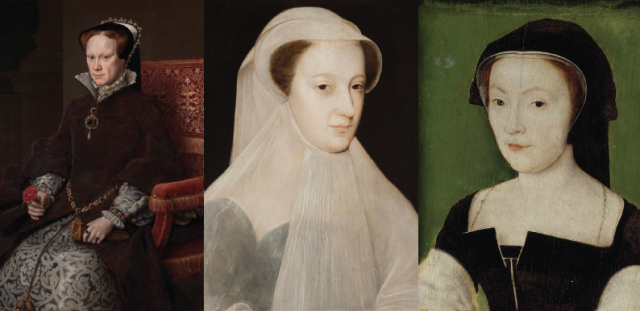Tudor queens: power, identity and gender
Historian article

Gregory Gifford investigates the cultural issues raised by the sixteenth century‘s reigning queens.
In 1877 when Sitting Bull led his Lakota people across the border into Canada, he told them they were entering ‘The land of The Grandmother’ – a wonderful phrase to express Queen Victoria’s matriarchal authority. Three hundred years earlier Tudor England contended with similar questions of female power in a patriarchal age – of understanding the implications it held for government and political thought. Although the image of Elizabeth I as ‘Gloriana’ has dominated subsequent memory, the mid-to-late Tudor era (1547–1603) saw not simply one powerful female figure but a plurality of women who tested and transcended established gender roles.
It was a peculiarity of the late 1550s that the surviving grandchildren of Henry VII offered a distinct lack of credible male candidates for the throne. Putting aside the relatively remote and unpromising Darnley branch, those with a claim included Princesses Mary and Elizabeth, Mary Queen of Scots, Jane Grey and her two younger sisters, Catherine and Mary. In addition, Mary Queen of Scots, Catherine de’ Medici, and Mary of Guise offer contemporaneous examples of women possessing power. It is this gender imbalance that created a period dominated by female rulers, which, in turn, made such a lasting and profound impression on what it meant to be a woman in power, a legacy still discernible today. From high politics to pop culture, aspects of Tudor imagery can be identified in figures as incongruous as Margaret Thatcher and Hillary Clinton. From notions of the Virgin Queen to the Iron Lady, Good Queen Bess to Queen Bee, Tudor England altered the paradigm of portrayal and understanding of power in the feminine. Crucially, these women represent a range of prototypical models for female command. Perhaps no other period in British or European history presents us with a better opportunity to investigate the nature of gendered power, identity, and politics prior to the modern era...
This resource is FREE for Historian HA Members.
Non HA Members can get instant access for £2.49

